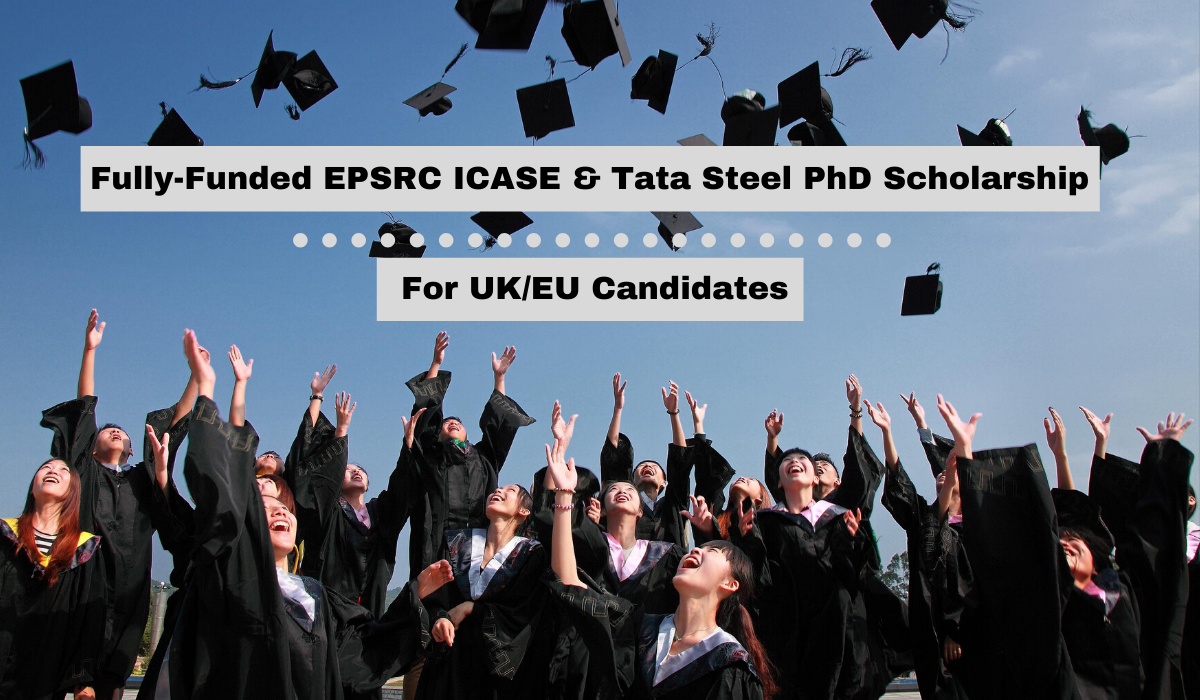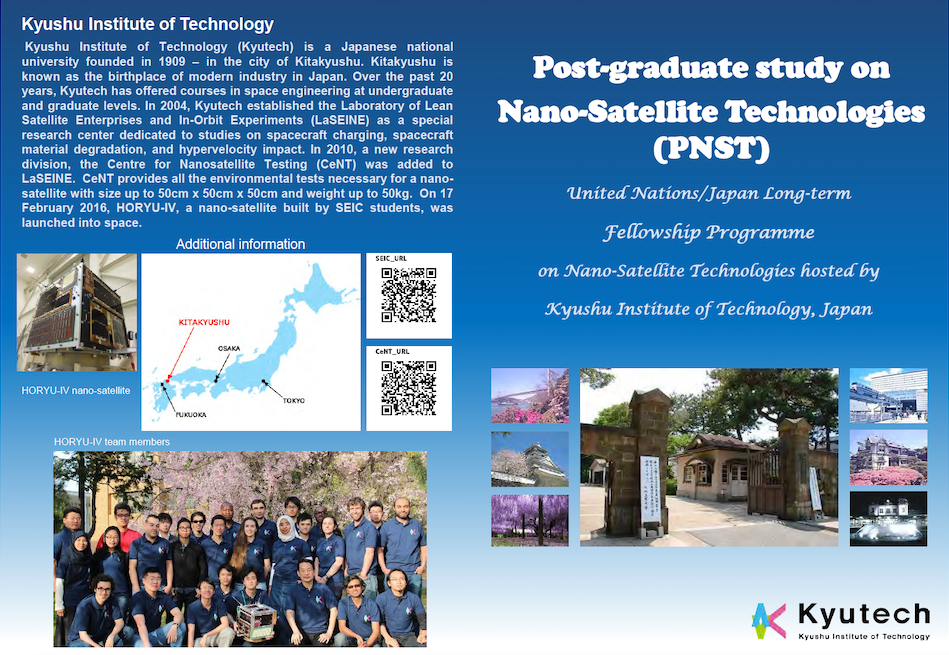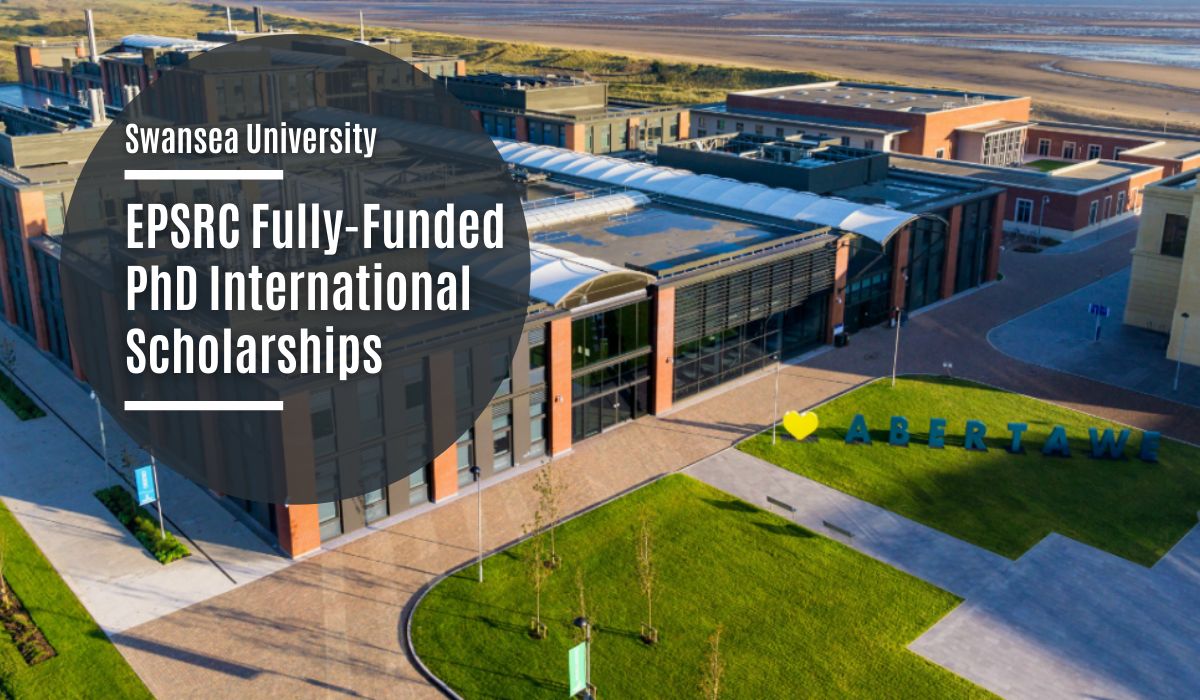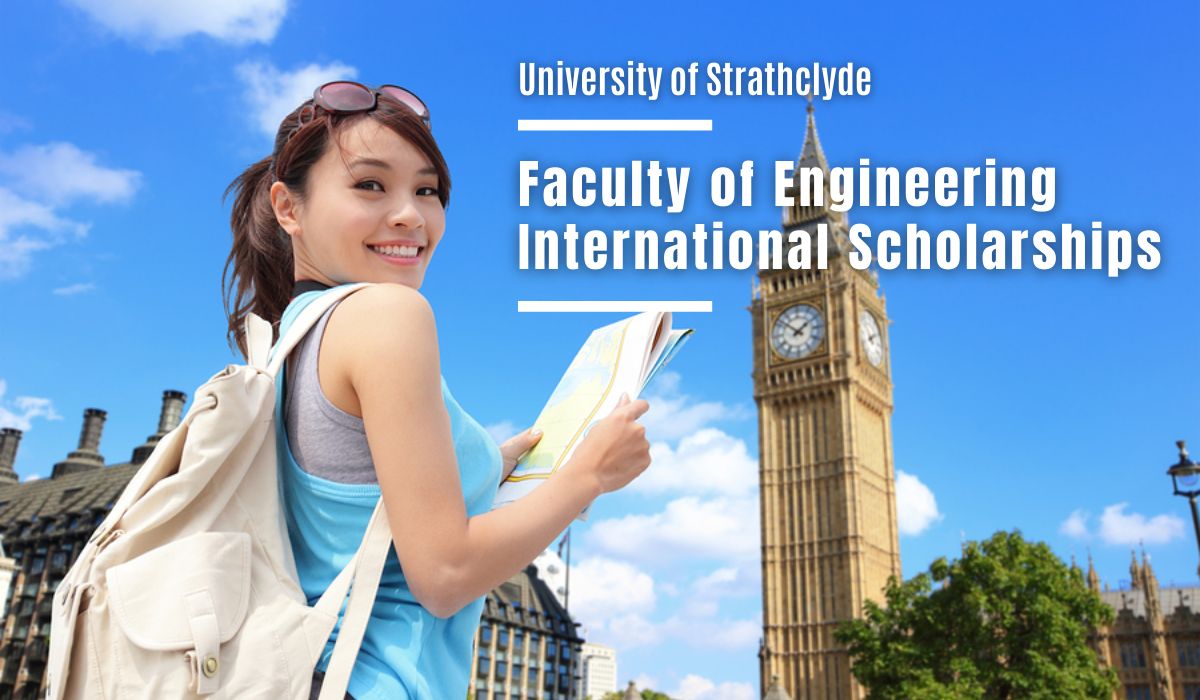Fully Funded MSc by Research Scholarship at Swansea University
Engineering: Fully Funded MSc by Research at Swansea: Next Generation of Lighting Technology
Engineering: Fully Funded M2A MSc by Research: Electrodeposition of Polymers and Luminescent Materials to Create the Next Generation of Lighting Technology
Engineering: Fully Funded MSc by Research at Swansea
Start date: July 2025
Academic Supervisor: Dr. C Phillips and Professor D Deganello
Industry supervisor: Mr. Peter R Leak and Dr. Richard G Taylor
Sponsoring company: Luxtec Global Limited
*After completion of this project, there may be potential for full-time employment with Luxtec Global.
Background
Luxtec Global is developing a direct replacement for the domestic lightbulb that is multiple times more energy-efficient than an LED equivalent. Whilst LED bulbs were able to double the number of lumens over conventional fluorescent light bulbs, Luxtec’s new bulb is expected to generate up to five times more lumens per watt than current LED technology. This is to be achieved by applying four proprietary innovations, some of which are derived from the use of existing technology but engineered in a substantially more efficient manner. This technology gives the potential to drive sustainability and energy reduction through vastly increased efficiency.
Project Aims
The main aim of the project is to establish a full, proprietary Electrodeposition process for a light-emitting product. Current screen-printing applications of light-emitting devices, utilizing ink materials, results in uneven surfaces. By initially utilizing a narrower and “defined” PSD, combined with an electrodeposition process, a more precise layer deposition uniformity can be achieved.
Further aims, in addition to the above, are for:
The accurate analysis of layer deposition thicknesses and uniformity, via SEM investigation.
The encapsulation of the light-emitting materials with a nanometer-scale conformal anhydrous coating, via atomic layer deposition.
The deposition of a microscale outer electrode through an aerosol jet printing application.
Full Spectroscopy analysis of electromagnetic wavelength output, white light color temperature, and SI unit light output values i.e. cd/m2, Lumens, et al.
The company will support the research with all the necessary equipment for the project, including light-emitting materials, except for associated equipment relating to ALD and Aerosol Jet printing.
To have fully developed an industrial material deposition process that is capable of being scaled to a high-volume manufacturing environment, for a new range of high efficiency, low power lighting products. The significant market uptake of such would appreciably reduce carbon emissions for the UK, as well as internationally.
Swansea University
This is a scholarship by Swansea University
Swansea is a coastal city and county, officially known as the City and County of Swansea in Wales.
Eligibility
We welcome applications from candidates with a degree (minimum level 2:1) in Chemistry or Materials Science but will accept other physical sciences disciplines (Engineering, Physics), or equivalent relevant experience that would enable the candidate to fulfill the role.
We would normally expect candidates to have met the University’s English Language requirements (e.g. IELTS 6.5 overall with 5.5+ in each component) by point of application.
Benefits
The scholarship covers the full cost of UK tuition fees, plus a tax-free stipend of £12,500 for one year.
Application
Please visit this page for more.
FAQs
What is the Fully Funded MSc by Research in Engineering at Swansea University?
The Fully Funded MSc by Research in Engineering program at Swansea University offers students the opportunity to pursue a Master of Science degree by conducting original research in various engineering fields. The program is fully funded, meaning tuition fees are covered, and students may receive a stipend to support their living expenses.
Who is eligible to apply for the Fully Funded MSc by Research in Engineering at Swansea University?
Eligibility criteria may vary depending on the specific research project and funding scheme. Generally, applicants are expected to hold a relevant undergraduate degree in engineering or a related field with a minimum specified grade. Proficiency in English, demonstrated through language proficiency tests such as IELTS or TOEFL, is also typically required for international applicants.
What areas of engineering are covered in the Fully Funded MSc by Research program at Swansea University?
Swansea University offers research opportunities in various engineering disciplines, including but not limited to mechanical engineering, civil engineering, electrical engineering, materials science, and environmental engineering. Prospective students can explore specific research projects available within their area of interest on the university’s website.
What does the fully funded package include for students in the MSc by Research program at Swansea University?
The fully funded package typically covers tuition fees for the duration of the program and may include a stipend to support living expenses. Additionally, students may have access to research funds to cover expenses related to their research activities, such as travel, equipment, and materials.
How can I apply for the Fully Funded MSc by Research in Engineering at Swansea University?
To apply for the Fully Funded MSc by Research program, prospective students should visit the Swansea University website and review the available research projects and application guidelines. The application process usually involves submitting an online application form, academic transcripts, a research proposal, a personal statement, and references. It’s important to check the specific requirements and deadlines for the desired research project and funding scheme.







